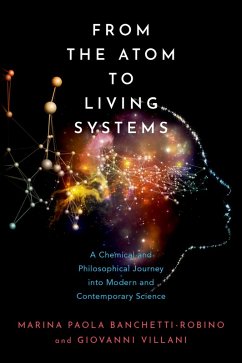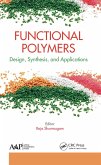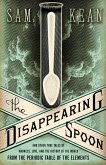From the Atom to Living Systems represents an original historico-epistemological approach to follow the passage, in the microscopic analysis of reality, from the atomic to the molecular to the macromolecular levels and then to the threshold of life itself. Naturally, some parts of this journey have been developed in other works, some highly specialized and others of a more general nature. However, although this journey has often been traced in specialized scientific detail, the philosophical implications of the journey have not been discussed to any satisfactory degree. This scientific journey does have important philosophical consequences that constitute an integral part of this book, which is framed within the perspective of systems science and the so-called sciences of complexity, which are areas fundamental to 21st century science. In fact, the possibility of studying and understanding the material world through levels of complexity opens a great philosophical space that proposes to provide systemic and complex explanations, rather than reductive accounts that pretend to explain all phenomena through the interactions of elementary particles while considering all phenomena implicit and deterministic. The systemic and complex approach implies substituting unique bottom-up explanations, which move exclusively from the microscopically simple to the macroscopically complex, with a series of explanations that are horizontal within planes of complexity, vertically bottom up between various levels of complexity, vertically top-down, as well as circular in a manner that renders all levels of reality and the disciplines that study them as both autonomous and interconnected.
Dieser Download kann aus rechtlichen Gründen nur mit Rechnungsadresse in A, B, BG, CY, CZ, D, DK, EW, E, FIN, F, GR, HR, H, IRL, I, LT, L, LR, M, NL, PL, P, R, S, SLO, SK ausgeliefert werden.









